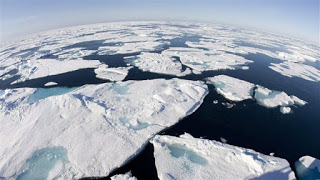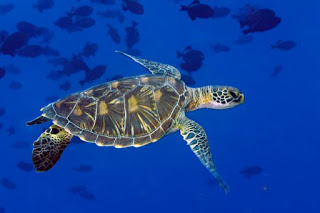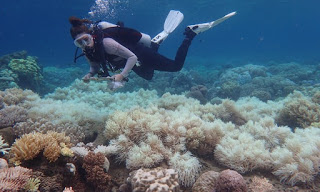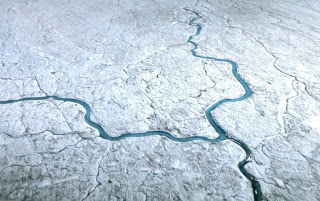Read More…
—————————————————
 Canada has designated seven new marine refuges in the Arctic and Atlantic. “The new marine refuges near Nunavut, Newfoundland and Labrador will cover a 145,598-square-kilometer swath of ocean and add 2.53 percent to Canada’s marine protected areas. The new refuges in the Davis Strait, the Disko Fan, the Hatton Basin, the Hopedale Saddle, the Hawke Channel, the Funk Island Deep and the Northeast Newfoundland Slope will conserve significant concentrations of marine biodiversity and protect habitat critical to Narwhal and Atlantic cod.”
Canada has designated seven new marine refuges in the Arctic and Atlantic. “The new marine refuges near Nunavut, Newfoundland and Labrador will cover a 145,598-square-kilometer swath of ocean and add 2.53 percent to Canada’s marine protected areas. The new refuges in the Davis Strait, the Disko Fan, the Hatton Basin, the Hopedale Saddle, the Hawke Channel, the Funk Island Deep and the Northeast Newfoundland Slope will conserve significant concentrations of marine biodiversity and protect habitat critical to Narwhal and Atlantic cod.” ———————————————–
3. U.S. Government Report: How Oceans Buffer Climate Change
The U.S. Global Change Research Program Report was recently released. In it they mention that the oceans are absorbing most of the heat from greenhouse gas emissions. This heat may lead to changes in ocean currents. The oceans are also becoming more acidic from the absorption of carbon dioxide from the atmosphere. The amount of oxygen in the oceans are decreasing by as much as 3.5%.
Read More…
———————————————–
4. Young Sea Turtles Fitted With Tiny Trackers
Scientists have attached tiny trackers to less-than-a-year-old loggerhead sea turtles and have found that they aren’t the passive drifters once thought. They actively swim. They were released from Brazilian beaches. Not all turtles stayed in the South Atlantic Ocean, some were carried by currents north of the equator to the Caribbean or Gulf of Mexico.
Read More…
———————————————–
5. Algae Growth Speeds Up Greenland’s Melting
Read More…
———————————————–
6. Narwhal Whales Freeze and Flee When Frightened
———————————————–
Be sure to “LIKE” http://facebook.com/SeaSave to ensure our “Week in Review” is delivered to your newsfeed every Friday.
Sea Save Foundation is committed to raising awareness of marine conservation. The Week in Review is a team effort produced by the Sea Save staff to provide a weekly summary of the latest in marine research, policy, and news.







